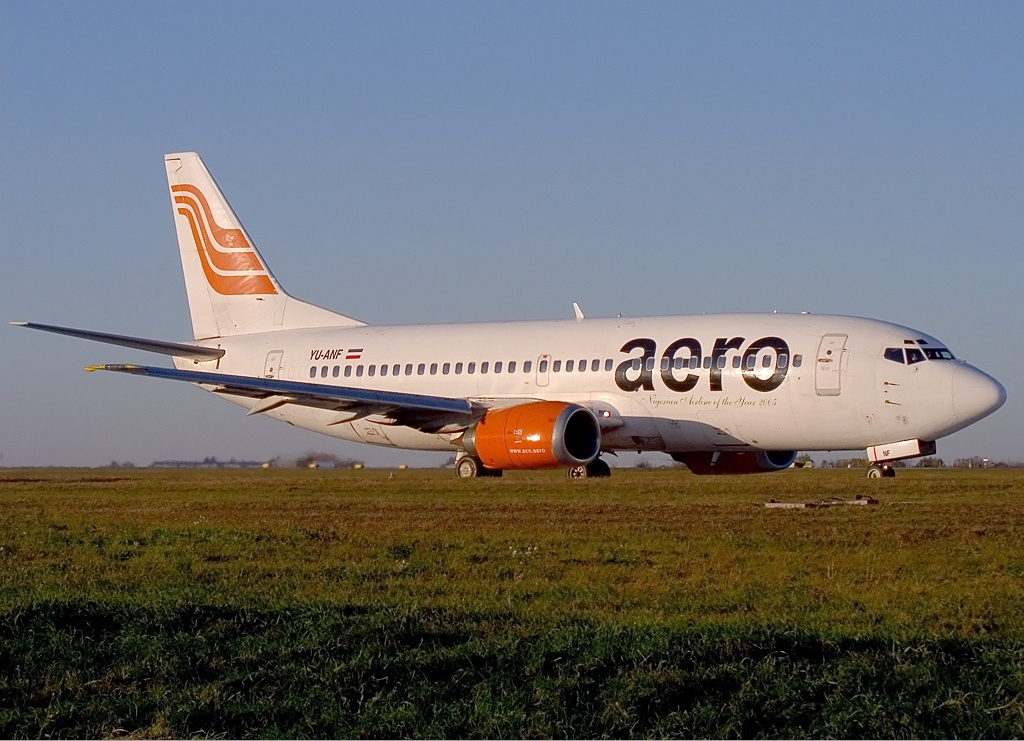- Airlines Groan as FG Delays VAT Waiver Implementation
Four months after issuing an Executive Order for the removal of Value Added Tax from air transportation, the Federal Government has failed to implement the directive.
As at Sunday that no action had been taken on the pronouncement made by the Federal Government on June 6 that VAT should be removed from all forms of shared transportation.
VAT is charged as five per cent on every flight ticket sold by airlines and is remitted to the Federal Government.
At the inauguration of the Port Harcourt international airport last week, President Muhammadu Buhari, described the decision to remove VAT from domestic air transportation as being in line with global best practices.
He said the decision would make air travel more affordable and subsequently lead to the creation of jobs by the air transport service value chain as well as increase revenue for the government.
But airline sources, who did not want to be quoted, said they had only heard about the order but had yet to see it implemented.
“We have been waiting endlessly for its implementation, because it will go a long way to reduce the cost of air travel,” one of the sources stated.
The Airline Operators of Nigeria, the umbrella body for airlines in the country, had estimated that its members were paying over N10bn as taxes annually, a situation that was threatening their operations.
Among the charges paid by domestic operators are landing and parking fees, fuel surcharge, passenger service charge, ticket sales charge, ground rent and VAT.
Others are terminal charges, apron licence charge, vehicle permit charge, apron pass charge and toll gate charges, among several others.
Prior to the Executive Order, the AON had threatened that its members would no longer pay VAT with effect from June 14, 2018.
The group said VAT remittance was unfair, as only domestic airlines were made to pay, while foreign airlines were exempted.
The AON lamented that air travel was also the only mode of transportation that was subjected to the payment of VAT, which had resulted in airlines not being able to optimally utilise their aircraft assets.
The group had said, “The AON’s position is that VAT on airline ticket sales for domestic carriers must be removed completely forthwith as road transportation, rail, marine and international air travel carriers are not subjected to VAT.
“Nigerian domestic airline travel is the only mode of transportation paying VAT in the country today as road, rail, marine and international airlines do not pay. Moreover, a situation whereby some airlines are paying VAT, while some other privileged airlines are not paying VAT, and the VAT which we pay is being used to subsidise our competitors against those that are making payment is unfair.”
The AON lamented that a recent report by the Federal Airports Authority of Nigeria showed that passenger traffic dropped by 27 per cent in 2017 and by another seven per cent in the first quarter of 2018, making it a total of 34 per cent drop in passenger traffic within a span of one year due to the high cost of flight tickets.
The Chief Operating Officer, Dana Air, Mr Obi Mbanuzuo, had in a recent interview stated , “If Dana flies internationally, it will not be charged VAT; but when it does domestic, it is charged VAT at five per cent.
“If VAT was removed, which we are currently fighting for with the minister, it will allow tickets to be cheaper.”
Before the pronouncement, a presidential committee set up late last year to review airlines’ taxes and charges and headed by the Minister of State for Aviation, Senator Hadi Sirika, had picked the removal of VAT as one of the first issues to be dealt with.
Efforts to get the Federal Inland Revenue Service’s comment on the development proved abortive, as the government agency insisted that it was a policy issue.
However, the Director of Air Transport Regulations, Nigerian Civil Aviation Authority, Group Capt. Edem Oyo-Ita (retd), said there had been no formal instruction from the Federal Government to stop the domestic carriers from paying VAT.
Oyo-Ita, who is a member of the Presidential Committee on Airlines’ Taxes and Charges, said the regulators would not rely on verbal pronouncement only.
“What airlines need to do is to put pressure on the government, because the order has not been gazetted,” he stated.
The General Manager, Public Relations, NCAA, Mr Sam Adurogboye, described the development as a policy matter that required discussion among stakeholders
“The airlines need to establish contact with the FIRS through the Ministry of Aviation to quicken the implementation of the order,” he said.

 Naira3 weeks ago
Naira3 weeks ago
 News4 weeks ago
News4 weeks ago
 Naira4 weeks ago
Naira4 weeks ago
 Naira3 weeks ago
Naira3 weeks ago
 Jobs3 weeks ago
Jobs3 weeks ago
 Travel3 weeks ago
Travel3 weeks ago
 Naira3 weeks ago
Naira3 weeks ago
 Investment4 weeks ago
Investment4 weeks ago






























